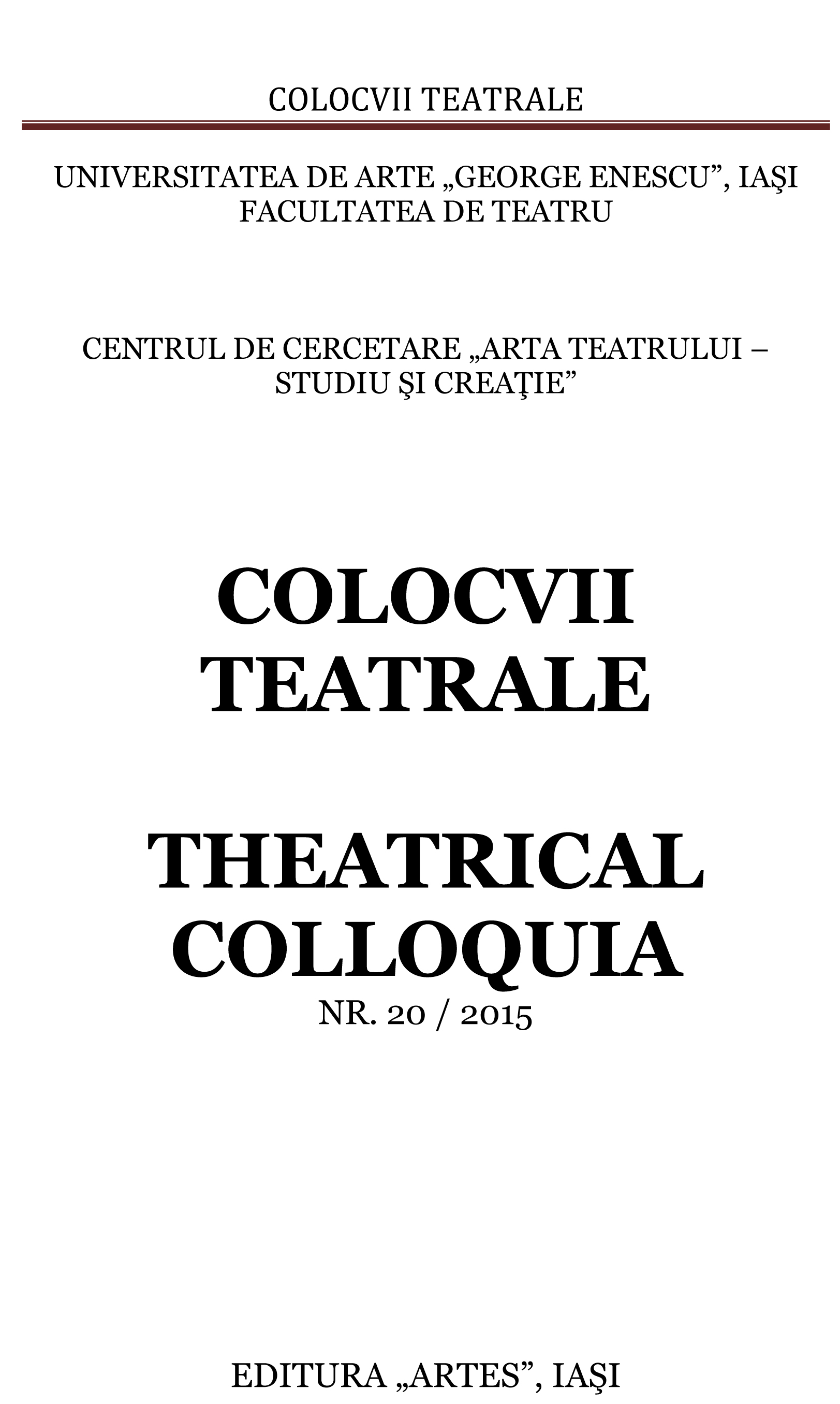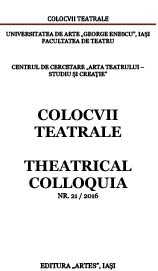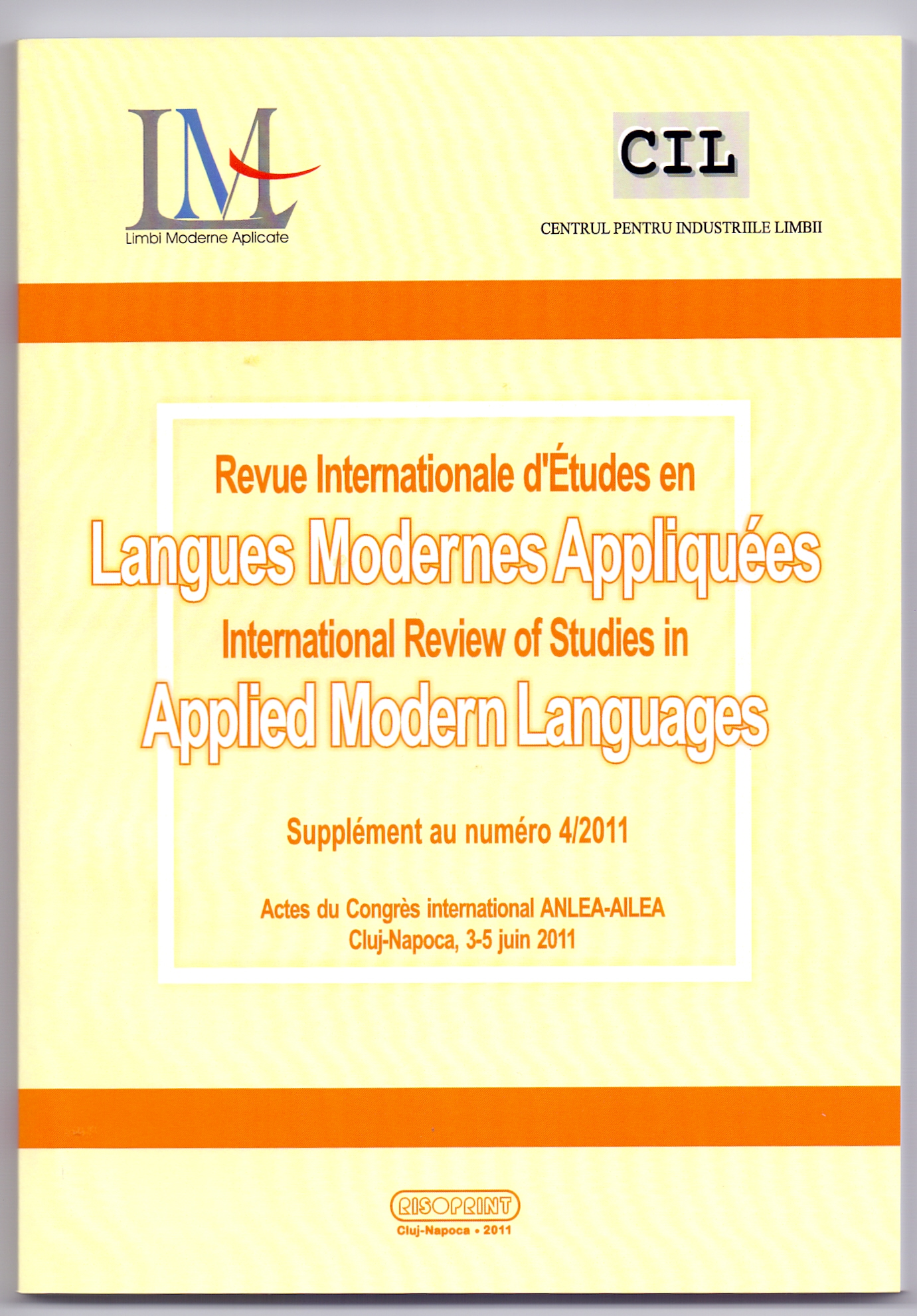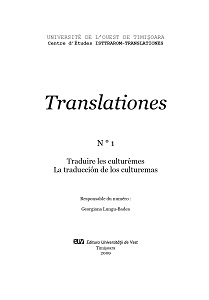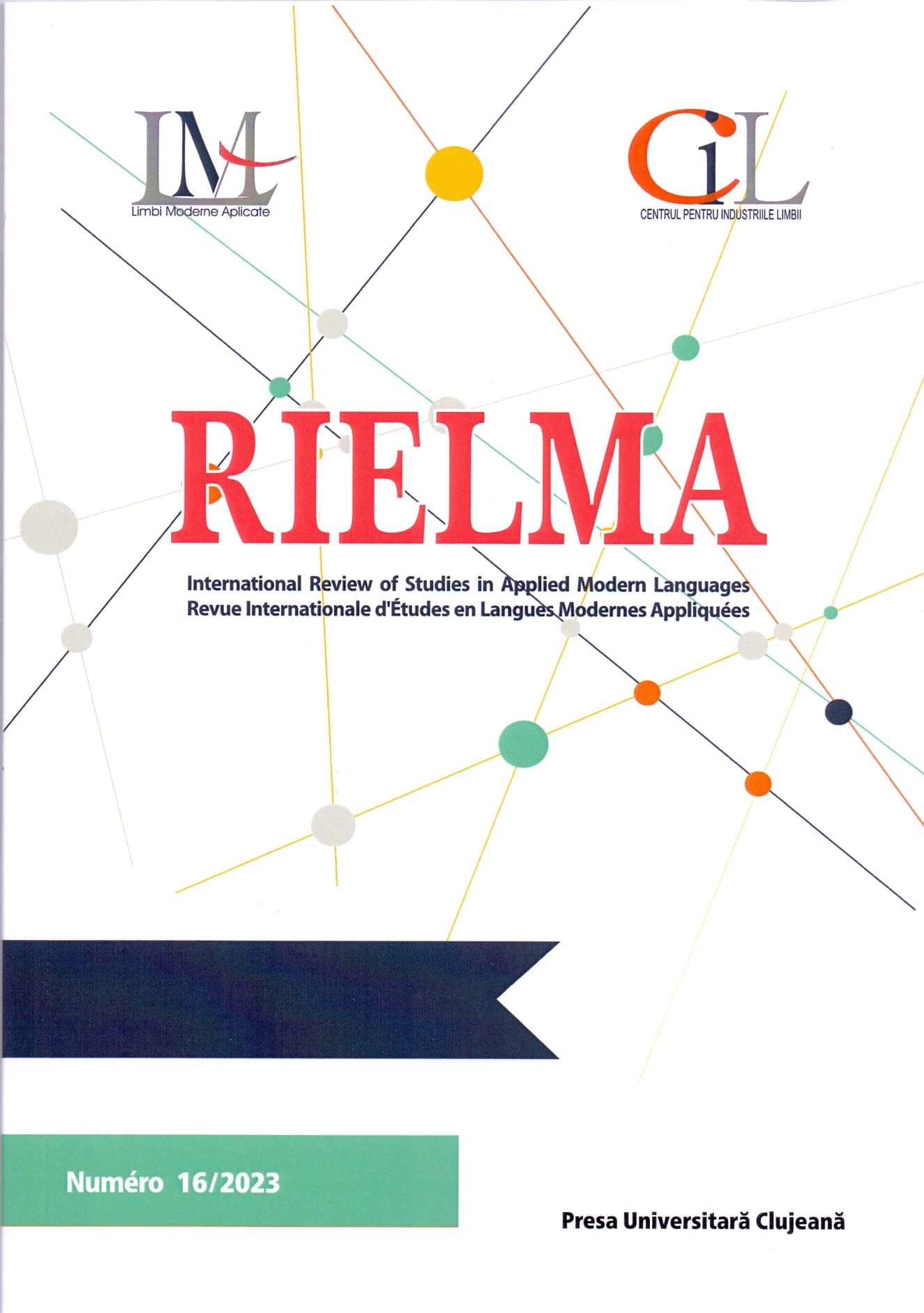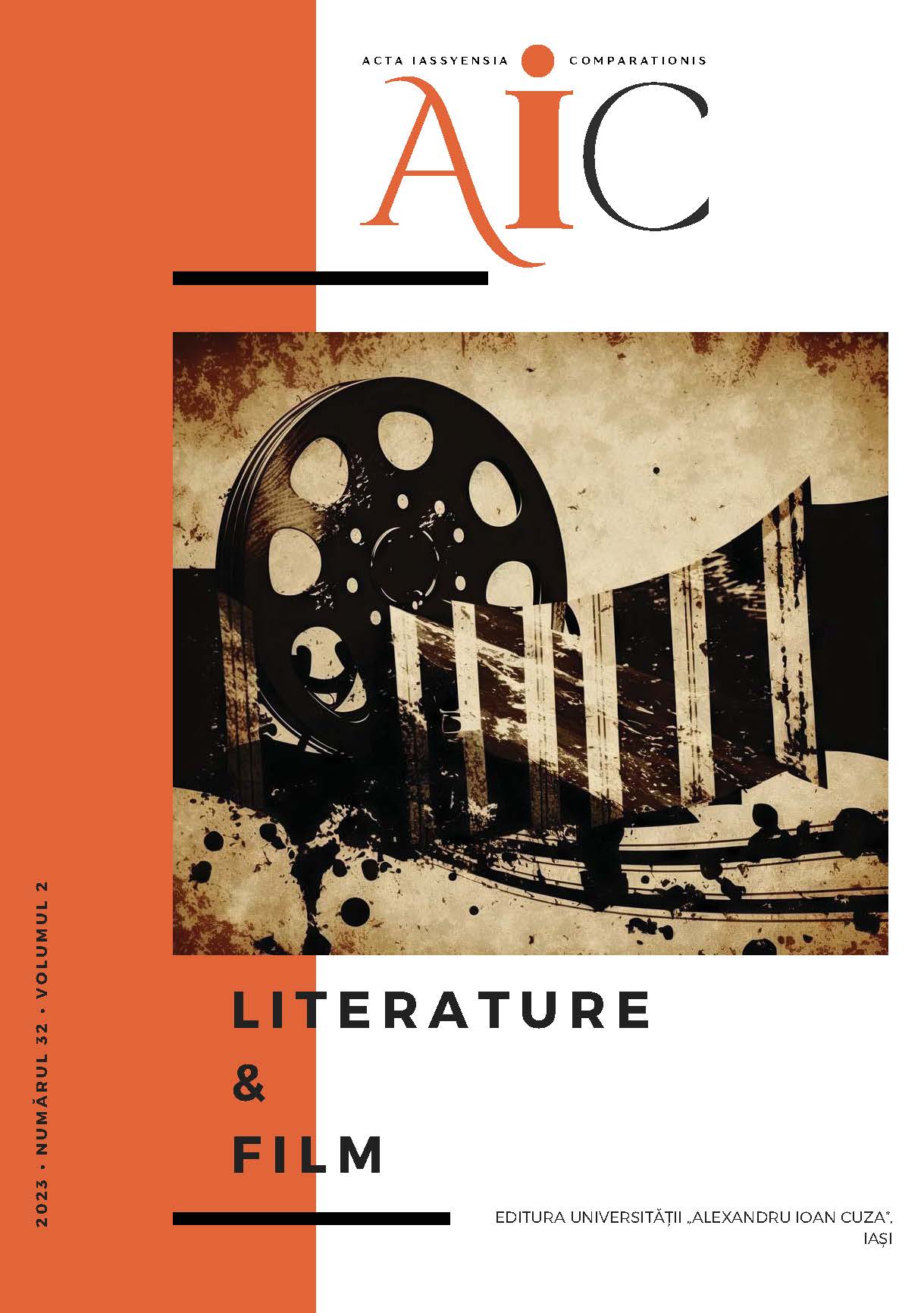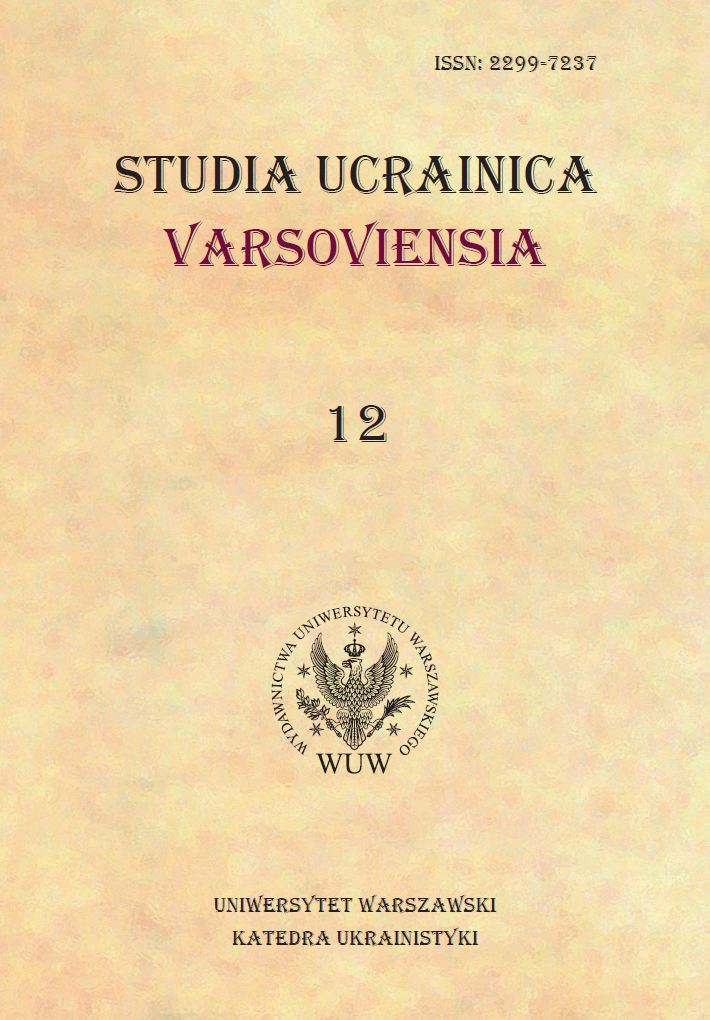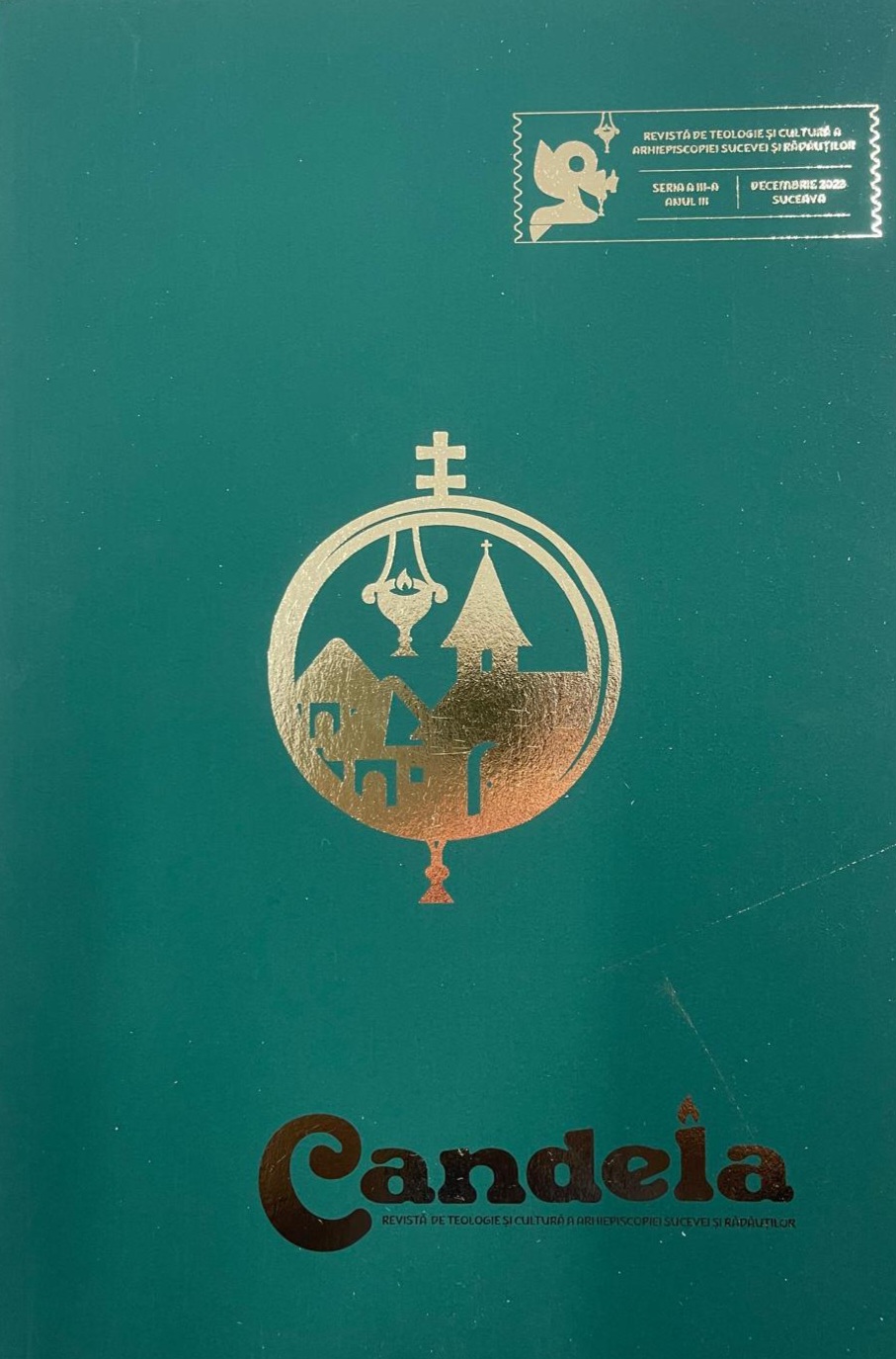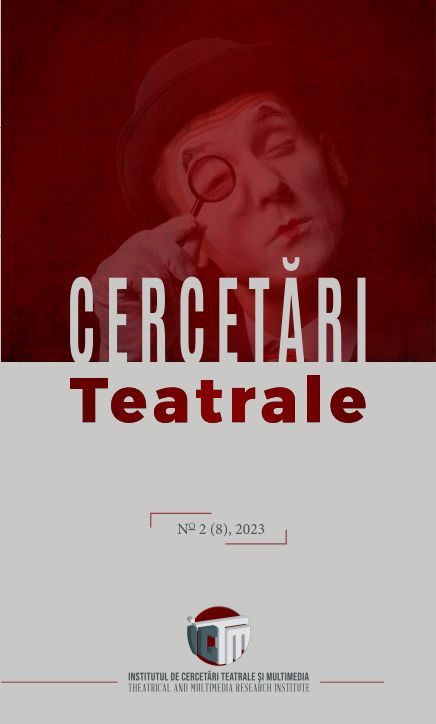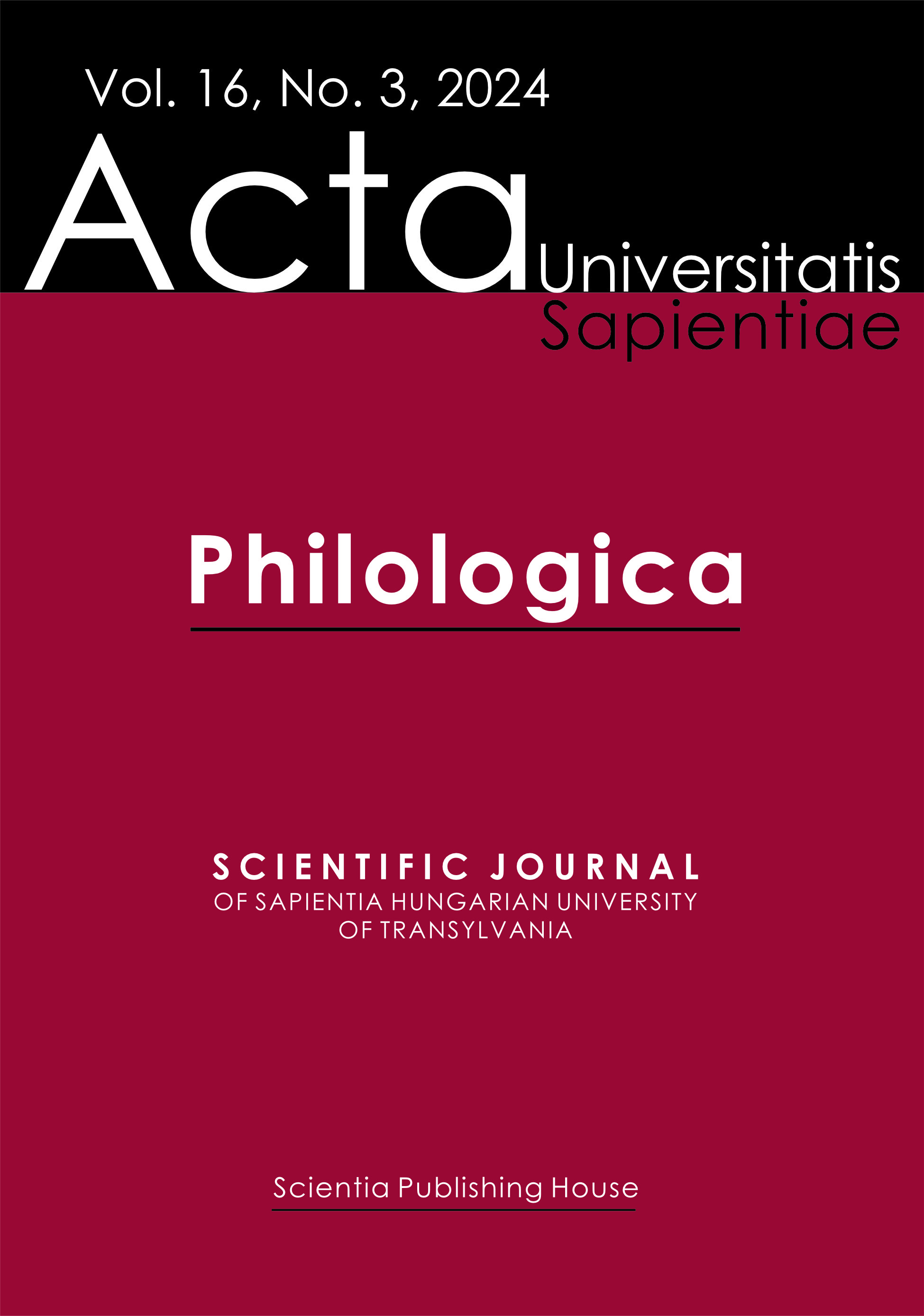
Correspondence between Text and Music in the Opera Don Giovanni by Mozart
Coresponden'a text-muzica in opera Don Giovanni de Mozart
Keywords: opera; Don Giovanni; Wolfgand Amadeus Mozart
The lyrical opera "Don Giovanni" by Mozart and libretto by Lorenzo Da Ponte is one of the most well-known and popular lyrical operas in the history of music. Mozart's genius is evident in the way it manages to shape the characters of opera through his music. One of the striking examples is Donna Elvira, a character peculiar to those times, to which Mozart manages to give a colourful and subtle coloratura, shading its explicitness conferred by the libretto. This is a clear example of how music enriches, nuances, empowers or sublimes the traits conferred by a written text.
More...
